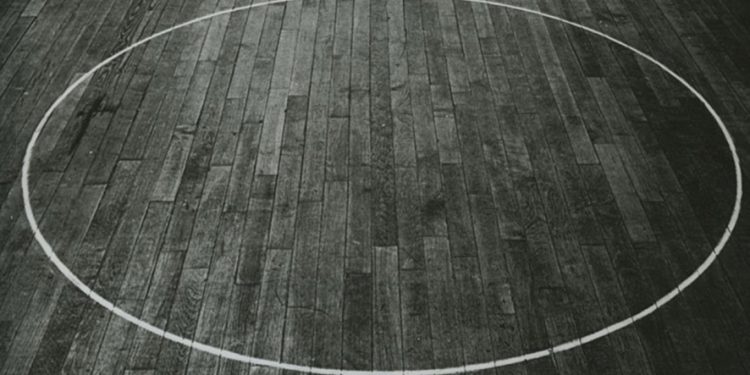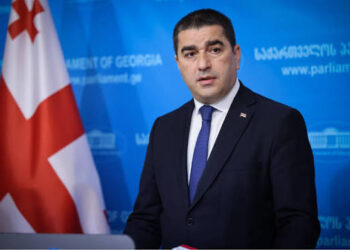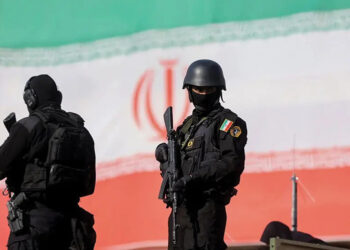When, eighty years ago, Bertolt Brecht, the famous German playwright of the modernist literary style, thought about turning an old Chinese fable about a young woman into his celebrated play, he thought that Sakartvelo would be the right place for the setting of his dramatic tale. The main line of the story has it that a poor Georgian peasant girl saved the life of a baby boy and became a much better mother to him than his affluent biological parents were. It happened so that the actual mother desired to get the child back for some covetous reason, but his foster-mom would not give him up, so a bitter fall-out took place between them on the subject of identifying the true mother. In the finale of the play, the judge who handled the case decided to devise a test for the sides to make the fairest possible judgment on the issue. He drew a chalk circle, placed the boy in the center and said that the real mother would win by pulling the child out of the circle. The foster-mother refused to pull the boy’s hand because she didn’t want to hurt him, even if the judge compelled her to do so. Finally, the judge famously proclaimed the poor peasant girl was a true mother because she had demonstrated genuine love towards the child.
This was the parable part of the intended story. Let us now go to the actual narrative of the day: the dominant political discourse in the Republic, based on the choice of vector of the country’s future development, a tug-of-war overwhelming our politically exhausted and economically long-expectant people. The current agenda has identified the main question that needs to be answered: Is Georgia still strong and firm on its way to Euro-Atlantic integration, or not? The current government insists that nothing has changed since the collapse of the soviet regime, when the unbending choice was made to join the EU and NATO. The opposition to the current government, however, is trying to prove that the deviation from the long-chosen course is evident, alerting the population to the smell of betrayal, and claiming Georgia’s Western future is very much at stake.
Based on what the foreign and local media are telling the world, the West is visibly frustrated and verbally irritated by the anti-Ukrainian and pro-Russian rhetoric of this Georgian government and the ruling political party, who, every so often, criticize not only the opposition but even the European Union, NATO and other Euro-Atlantic institutions, as well as some well-known personalities operating on behalf of the Western block. Yet, the government and its supporters insist that they are doing their utmost to maintain peace, to avoid the country being pulled into the crazy war, and to enhance the standard of living in the country, claiming that this kind of governmental policy has no alternative even at the cost of damaging relations with some Western decision-makers.
Georgia is exactly like the little boy, standing in the middle of the Caucasian Chalk Circle, waiting for the quarrelling sides to start tugging on his fragile arms to drag him either to one side or the other. Indeed, the West wants Georgia to be on its side, having a number of reasons for this, including considerable financial and other types of investment to pull the nation out of its post-soviet quagmire. On its own part, Russia is doing its utmost to keep Georgia within the sphere of its own geopolitical influence. The contradiction between them may very well end up hurting Sakartvelo if the sides continue pulling the nation from both sides, relentlessly tearing it into two.
There is another version of the climax of the plot which coincides with Brecht’s happy ending, provided one of the pulling sides lets Georgia go, as the foster-mother did in the story. A third ending, and possibly the best, to the story is also available and that is letting Sakartvelo be conveniently sandwiched between the two, so that it is not threatened by the perennial bickering between Russia and West, happily developing itself without the fear of being ‘caught red-handed’ while cooperating either with one patron or the other.
Op-Ed By Nugzar B. Ruhadze














